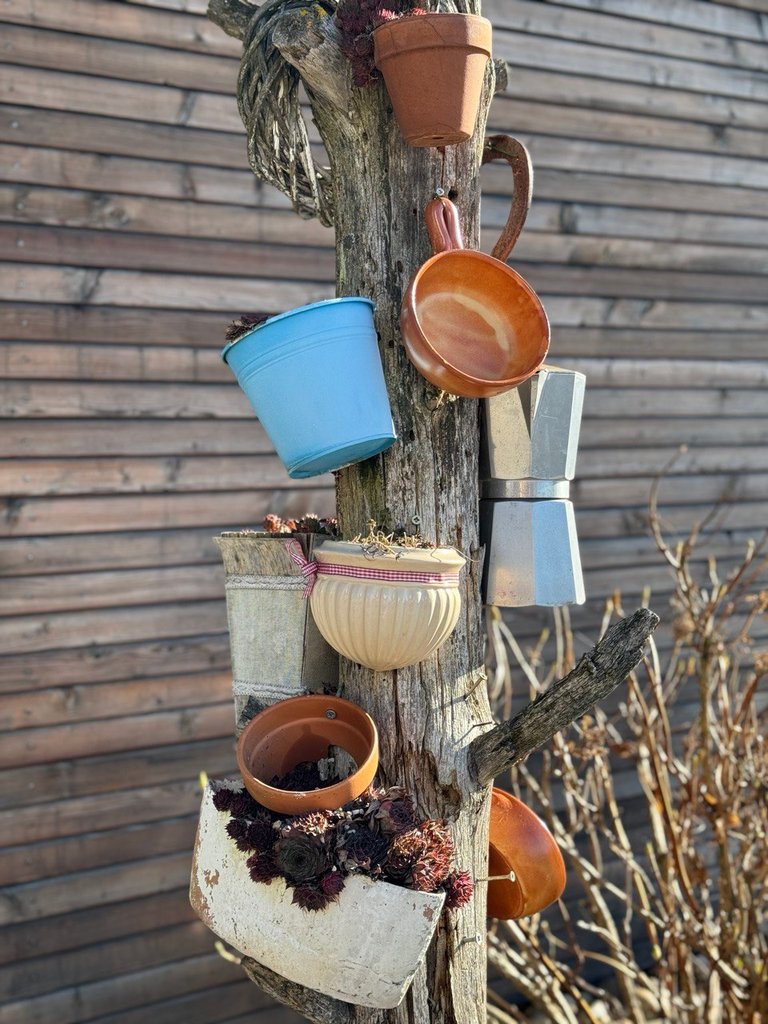The Creator Economy Boom: Are You Ready to Ride the Wave?
For over two years, analysts' Twitter accounts have been screaming "recession," yet there's no recession to be seen anywhere. At least, not that I see. If we were experiencing a shrinking global economy, it would be more evident, but it's not.
As far as I can see, there's still a strong appetite for spending, and the markets are booming. Although, markets are notorious for not always following the economy's lead. Regardless, there's no sign of contraction at all. We are, in fact, right in the midst of the "everything bubble," and it's going to be a wild ride.
However, I wonder: when these analysts forecast the next recession and anything related to the economy, are they solely considering traditional data points that were once thought to be the sole indicators of economic health? Or are they also taking a "big data" approach?
For example, when analyzing jobs data, is anyone looking at platforms like OnlyFans, YouTube, Instagram, TikTok, the cryptocurrency space, and everything in between to understand people's financial well-being? I doubt traditional models are considering these factors. Perhaps BlackRock, which entered the Bitcoin market "late" according to some, incorporates such data, which could explain their decision.

The majority of analysts are solely focused on outdated data, using it to forecast the future. It's estimated that 30% of current jobs will be replaced by AI by 2030. But should this worry us? Probably not.
Here's why: Throughout history, the average person's means of earning a living has constantly evolved. Thirty years ago, no one thought making a living by playing video games or selling adult content was possible, yet these are now viable and profitable options.
Fifty years ago, no one believed one could make a living, or even a good side income, selling cosmetics. But then, Avon and Oriflame came along, and countless women in my country were able to do just that. The same goes for personal trainers, a profession that wasn't even on the radar a few decades ago.
See, instead of fearing technology, we should embrace it and leverage its potential. Ultimately, autonomous work will free us from monotonous tasks, allowing us to focus on creative and fulfilling endeavors.
Some of us, particularly in developing countries, are already making a living through platforms like Hive. Could Hive represent the ultimate frontier, or will new alternatives emerge? In ten years, due to the ongoing tokenization of everything, a concept we've been discussing for years on @leofinance, I believe there will be numerous creative and fulfilling ways to earn a living.
The global economy is expanding beyond the confines of the dollar and euro. In just a few years, these traditional currencies will likely serve as a bridge between the various realms where many of us will create wealth and the goods and services we'll use it on. Linear thinking hinders our potential to explore and thrive in this new landscape.
Jobs like "healer," trainer, TikToker, YouTuber, Hiver, webcam model, etc., didn't exist just a few years ago, and it's impossible to predict what will come next. I wouldn't be surprised if traditional schooling becomes obsolete within a couple of decades. This, in turn, could render the data currently relied upon by financial analysts irrelevant sooner than we think.
We stand at the forefront of a new, human-centric economy that thrives on creativity – the creator economy. Here on Hive, we're already part of it. While some might call us lucky, we're not just fortunate; we are pioneers of this emerging economic landscape. Take a moment to ponder that.
Thanks for your attention,
Adrian
Post voted 100% for the hiro.guita project. Keep up the good work.
New manual curation account for BEE and Cent
Thanks.
Definitely thought provoking - thank you !
I think the most important single piece of data is how many hours a creator has to put in each day in order to earn enough to live on (and ideally have some cash left over for luxuries !) The answer will vary depending on the country and each person's realistic lifestyle expectations, of course. But it'll also depend on the ecosystem.
Hive for example is good as a long term savings plan, but the people I see cashing out periodically tend to use is as an emergency reserve, not a monthly wage. There are strong incentives to stack HIVE within the system because drawing a wage reduces future earnings. The only people I see making enough for an actual living are the top 20 witnesses plus some developers with good proposals. It's certainly a good start, but we need to grow the overall market cap enough (and improve the reward structure enough) to be able to push more earnings down to ordinary Hivers.
We’ve only scratched the surface with the creator economy so far imo. This will spread much wider into many more niches than photography and lifestyle types of posts and blogging.
I'm gonna get rich smoking weed on #themorningbowl
Perfect job for you 😉